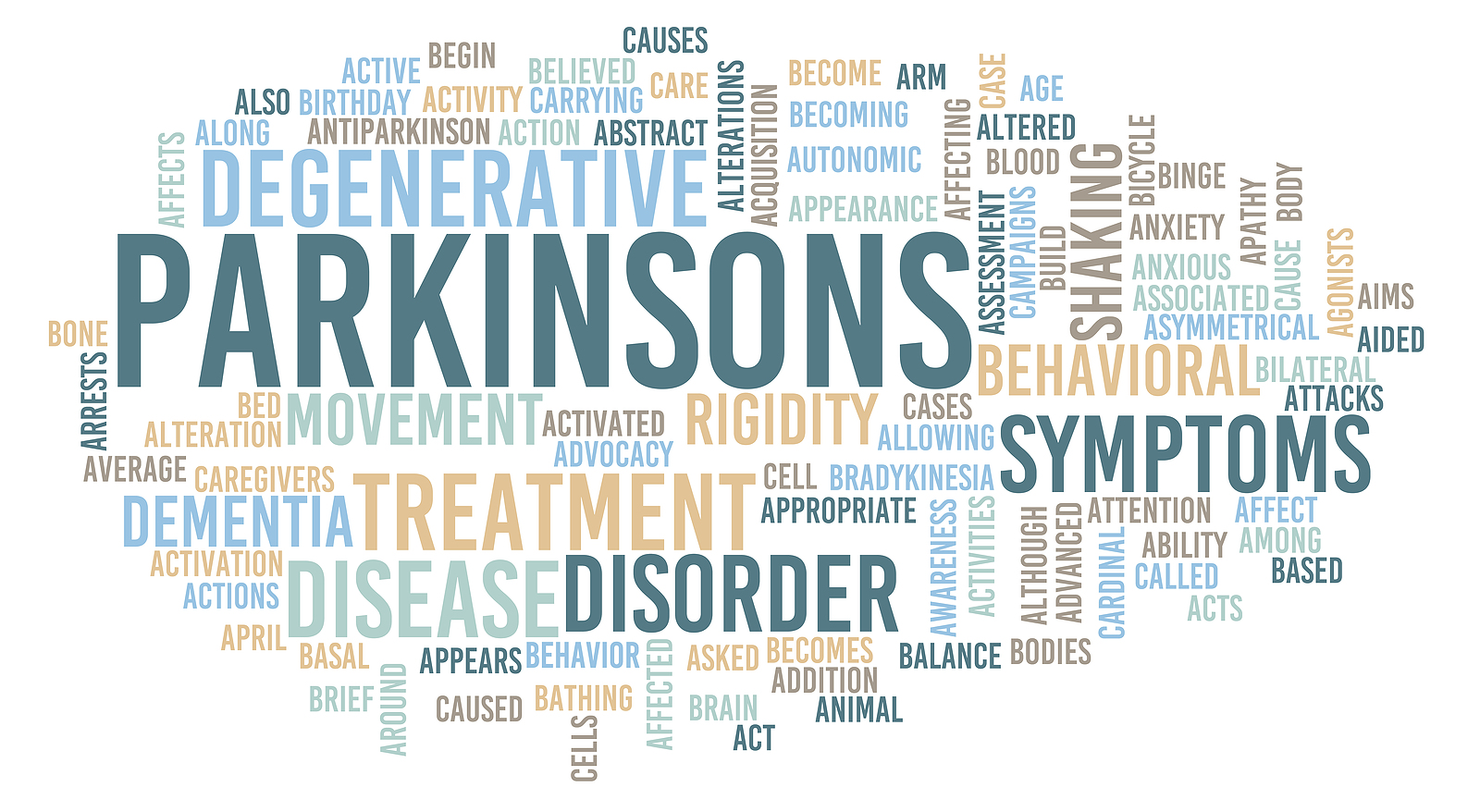Receiving a Parkinson’s disease diagnosis can be overwhelming, both for the senior and their loved ones. Knowing that seniors with Parkinson’s disease may experience a range of motor symptoms, including tremors, rigidity, bradykinesia (slowness of movement), and postural instability (difficulty with balance and coordination) can be difficult to cope with. These symptoms can make it challenging for seniors to perform everyday tasks and having an elder care provider there to assist your family through this challenging time is essential for everyone’s health.
How Do Cope With A Parkinson’s Diagnosis
- Learn as much as you can about the disease, its symptoms, and its progression. This will help you better understand what your senior is going through and what to expect in the future.
- Consult with a neurologist or movement disorder specialist who has experience in treating Parkinson’s disease. They can provide guidance on treatment options and help manage your senior’s symptoms.
- Parkinson’s disease can affect many aspects of daily life. A loved one or caregiver will need to make changes to the home environment. This can include things such as removing tripping hazards or installing handrails. These little things can help reduce the risk of falls.
- This disease can be emotionally challenging for both the senior and their caregivers. Seeking out support groups or counseling can help provide emotional support and coping approaches.
- As the disease progresses, your senior may require additional support with activities of daily living. Home care services can provide personalized, one-on-one support to help your senior manage their symptoms and maintain their independence.
Receiving the Right Care For Your Loved One
Home care providers can play a valuable role in helping seniors who have been diagnosed with Parkinson’s disease. By providing personalized, one-on-one care, home care providers can help seniors with Parkinson’s disease manage their symptoms, maintain their independence and quality of life, and reduce the burden on family members.
Home care providers can help with assistance in daily activities. Parkinson’s disease can affect a senior’s ability to perform everyday tasks such as dressing, grooming, bathing, taking medications, and providing mobility assistance. Therefore, having a provider that can assist with these tasks while also providing personalized one-on-one support that is tailored to the senior’s needs helps make the senior comfortable.
Parkinson’s disease can increase the risk of falls and other accidents. In-home caregivers can help ensure the senior’s home environment is safe by removing tripping hazards and providing guidance on fall prevention.
This disease can be emotionally challenging for both the senior and their loved ones. Home care professionals can provide emotional support, companionship, and social engagement, helping to reduce feelings of isolation and loneliness.
This disease affects speech causing communication to become more and more difficult. This then makes it hard for the senior to express themselves. It also becomes hard for others to understand the needs of the senior. Elder care can help to develop a communication style that fits your loved one’s needs so they can communicate with ease.
Providing a specialized plan for a senior with Parkinson’s is the priority for elder care providers. They will help to manage their lifestyle and as well as help to manage their symptoms. The goal for these caregivers is to ensure that the senior lives as normally as possible for a condition like Parkinson’s
If you or an aging loved one is considering elder care in Woodbury, MN, and the surrounding areas, please contact the friendly staff at CareBuilders at Home Minnesota. Call today 612-260-2273.









